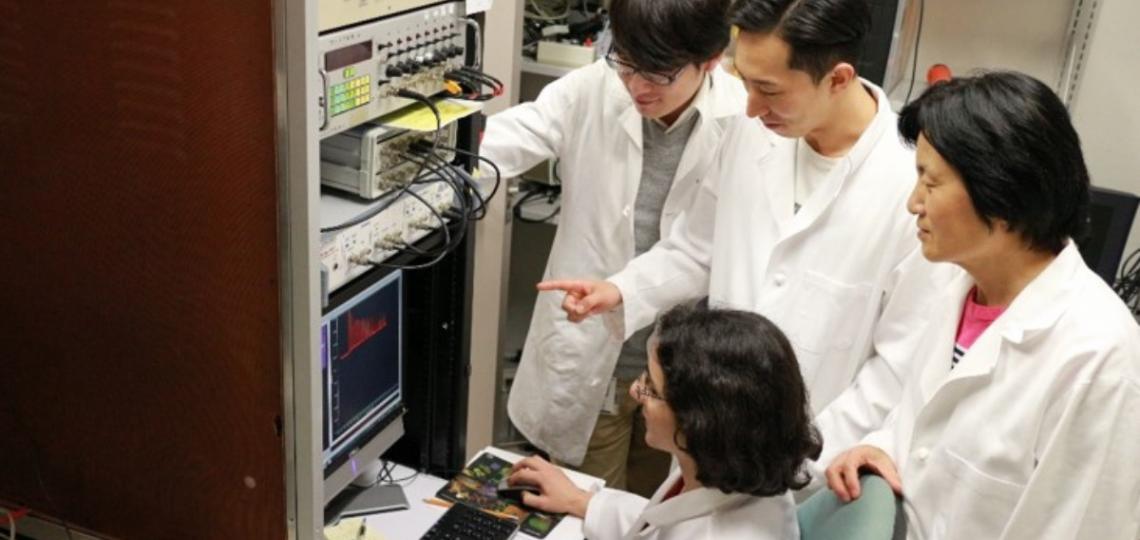
Lab Overview
The goal of our laboratory is to define the molecular pathways that regulate muscle performance and muscle metabolism and how these pathways are altered in disease. In striated muscle, intracellular Ca2+ signaling is an intrinsic component of signal transduction pathways that regulate vital aspects of muscle function including contractility and metabolism. We use animal models to study how alterations in Ca2+ homeostasis affect the key pathways that dictate a muscle’s ability to modulate force production, fatigue and energy expenditure.
Approach
Our studies utilize a wide range of techniques that allow us to probe these questions at all levels of complexity, ranging from the single molecule to the whole animal. In this integrative approach we incorporate biochemistry, immunohistochemistry, animal imaging (18FPET/CT, MRI), MR spectroscopy, live cell calcium and ROS imaging, whole muscle force measurements, indirect calorimetry, voluntary and endurance exercise studies and mass spectroscopy/multi-reaction monitoring (to quantify post-translational modifications). We also work closely with the core facilities at Baylor College of Medicine to implement the most cutting edge technology in our research.
Funding Sources
We are funded by the National Institutes of Health, American Heart Association and Muscular Dystrophy Association.
Training Opportunities
See current Job posting. Postdocs, students and early career researchers who are interested in joining our lab can contact Dr. Susan Hamilton.








